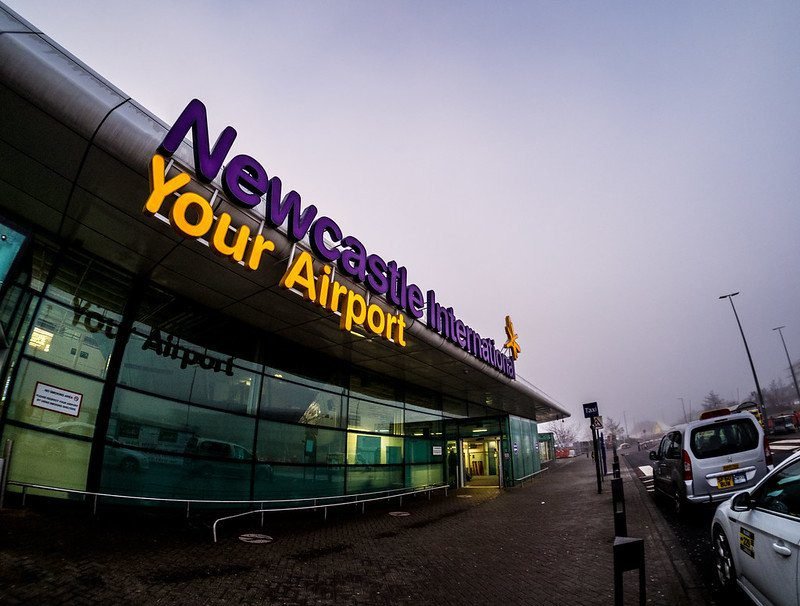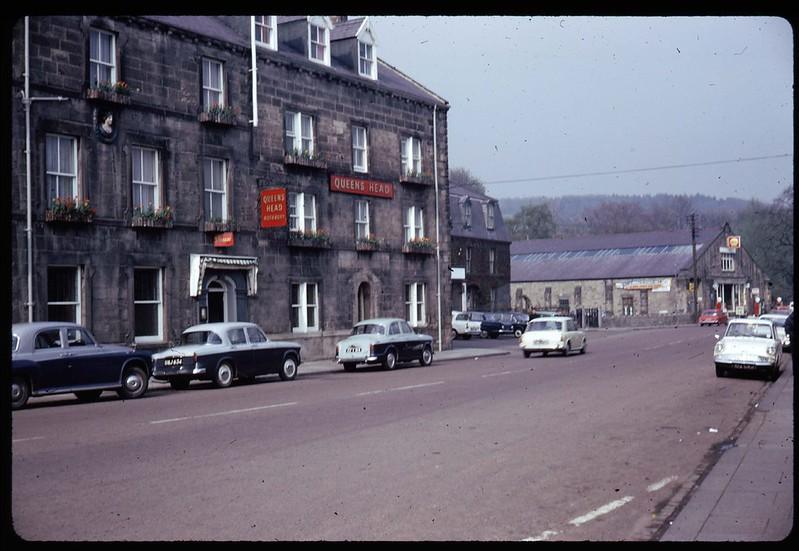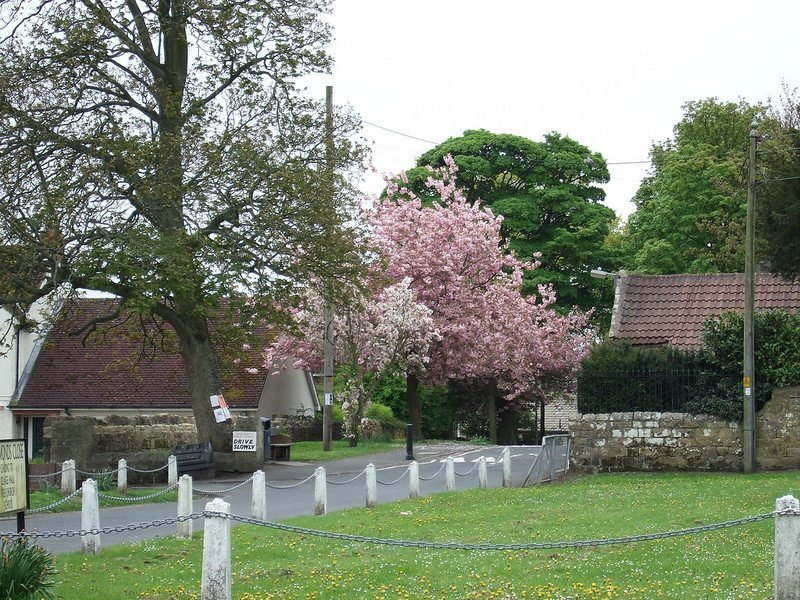Introduction to Newcastle International Airport
Newcastle International Airport (IATA: NCL, ICAO: EGNT) is a vital hub in North East England, serving millions of passengers each year. Located just 7.7 miles from Newcastle City Centre, it is the largest airport in the region and a key player in connecting Northern England with the rest of the world. This guide offers an in-depth look at the airport's history, facilities, travel tips, airline operations, and future prospects.
History of Newcastle International Airport
Early Beginnings and Development
Opened in 1935, Newcastle International Airport started as a small airfield. Over the decades, it has evolved significantly. The 1960s marked a pivotal era with the construction of a new runway and terminal, inaugurated by Prime Minister Harold Wilson in 1967. This development set the stage for its transformation into a major regional airport.

Growth and Modernisation
Throughout the 1970s and 1980s, Newcastle International expanded its facilities to accommodate growing passenger numbers. The opening of the Tyne and Wear Metro station in 1991 was a significant milestone, providing seamless connectivity between the airport and key urban centres like Newcastle City Centre and Sunderland.
Recent Developments
In recent years, significant investments have been made to modernise the airport. The Departure Terminal underwent a major refurbishment in 2004, enhancing passenger amenities with new shopping outlets and dining options. These improvements have positioned the airport as a competitive player in the UK aviation sector.
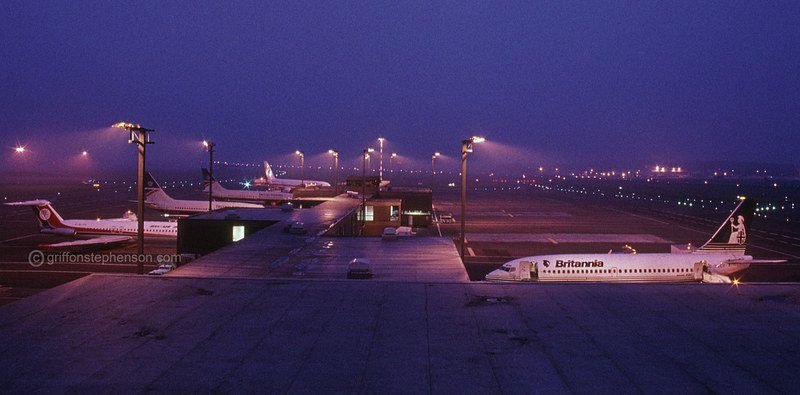
Facilities at Newcastle International Airport
Passenger Services
Newcastle International offers a wide array of services designed to enhance passenger comfort:
- Check-in and Baggage Services: Efficient check-in counters with self-service kiosks streamline the process.
- Shopping and Dining: A diverse range of retail outlets includes duty-free shops and popular brands like WHSmith and Boots.
- Lounges: Premium lounges such as Aspire Lounge provide travellers with a relaxing environment featuring complimentary food and beverages.
Cargo and Freight Operations
The airport's Freight Village is home to major logistics companies like Emirates SkyCargo and FedEx. This facility plays a crucial role in supporting regional businesses by facilitating exports and imports.
Ground Transport Connections
The airport is well-connected by road and rail:
- Metro Services: The Tyne and Wear Metro provides direct links to central Newcastle.
- Bus Services: Several bus routes offer convenient access to nearby towns.
- Road Access: Easily accessible via the A696 dual carriageway from the A1 trunk road.
Airlines and Destinations
Major Airlines Operating from Newcastle
Newcastle International hosts several major airlines offering both domestic and international flights:
- British Airways: Provides connections to London Heathrow.
- Ryanair: Offers budget-friendly flights to European destinations.
- Emirates: Operates long-haul flights connecting passengers to Dubai and beyond.
Popular Destinations
The airport serves numerous destinations across Europe, North America, and Asia. Popular routes include:
- Domestic Flights: Regular services to London, Belfast, and Edinburgh.
- European Destinations: Frequent flights to cities like Amsterdam, Paris, and Barcelona.
- Long-Haul Routes: Direct flights to Dubai provide connections to Asia and Australia.
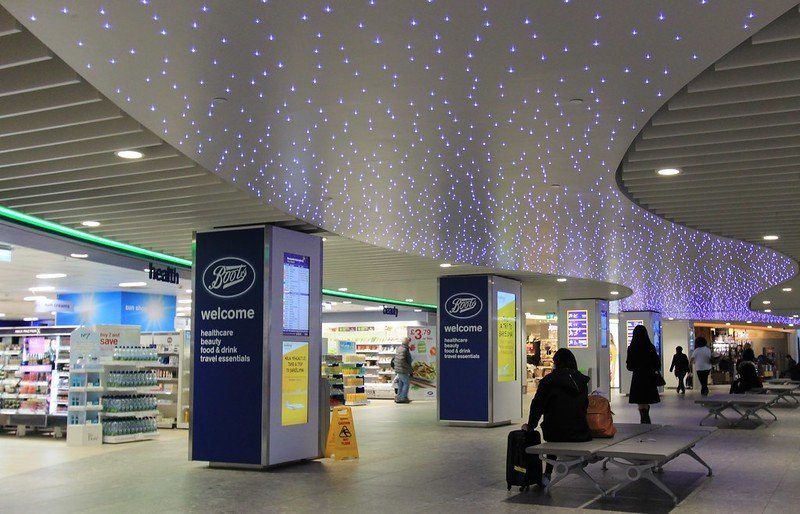
Travel Tips for Newcastle International Airport
Navigating the Airport
- Arrive Early: Allow plenty of time for check-in and security procedures.
- Use Public Transport: The Metro offers a reliable connection to central Newcastle.
- Check Flight Status: Stay updated on flight schedules through the airport's website or mobile app.
Weather Considerations
Travellers should be aware of potential weather disruptions. For instance, heavy snowfall during Storm Bert recently caused significant delays at the airport. It is advisable to check weather forecasts and plan accordingly.
Parking Options
Newcastle International offers various parking options:
- Short Stay Parking: Convenient for drop-offs or short visits.
- Long Stay Parking: Ideal for travellers going on extended trips.
- Premium Parking: Provides added convenience with closer proximity to terminals.
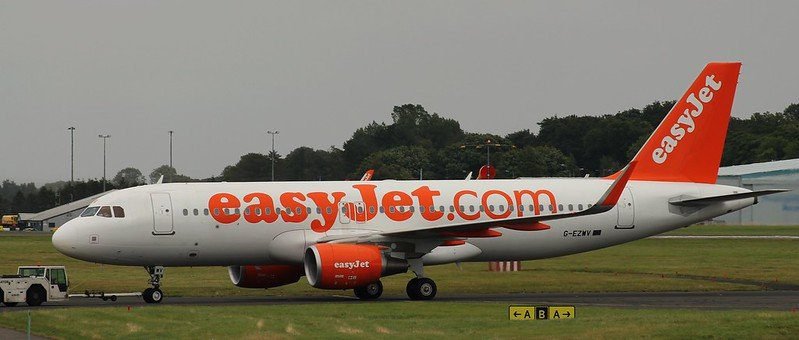
Environmental Initiatives
Newcastle International is committed to sustainability:
- Carbon Reduction: Initiatives include solar panels and energy-efficient lighting systems.
- Waste Management: Comprehensive recycling programs are in place throughout the airport.
- Noise Reduction: Efforts are made to minimize noise pollution through strategic flight path planning.
Economic Impact on the Region
The airport significantly contributes to the local economy by:
- Job Creation: Employing thousands directly at the airport.
- Tourism Boost: Facilitating tourism by providing easy access to North East England's attractions.
- Business Connectivity: Supporting regional businesses through efficient cargo operations.
Future Developments
Looking ahead, Newcastle International plans further expansions:
- Terminal Enhancements: Plans are underway to expand terminal facilities to accommodate increasing passenger numbers.
- Infrastructure Upgrades: Investments in technology will improve operational efficiency.
- Sustainability Projects: Continued focus on reducing environmental impact through innovative solutions.
Conclusion
Newcastle International Airport stands as a crucial transport hub for North East England. With its comprehensive services for passengers and cargo operations, ongoing investments ensure it remains well-equipped to meet future demands while contributing significantly to regional growth.
External Links:
- Official Newcastle International Airport website
- UK Civil Aviation Authority for flight regulations
- Tyne and Wear Metro information page
FAQs
Where is Newcastle International Airport located?
Newcastle International Airport is located approximately 6 miles northwest of Newcastle city centre, near Ponteland.
What is the airport code for Newcastle International Airport?
The IATA code for Newcastle International Airport is NCL.
What destinations are served by Newcastle Airport?
The airport offers flights to various domestic and international destinations, including European cities, holiday hotspots, and long-haul locations.
How can I get to Newcastle Airport?
The airport is accessible by car, train, bus, and metro. The Tyne and Wear Metro has a station directly connected to the terminal.
Is there parking available at the airport?
Yes, Newcastle Airport offers several parking options, including short-stay, long-stay, premium, and meet-and-greet services.
Are taxis and rideshare services available at the airport?
Yes, you can book taxis directly through the airport's approved service or use rideshare apps like Uber.
What amenities are available at Newcastle Airport?
The airport offers a range of facilities, including shops, restaurants, lounges, free Wi-Fi, baby-changing facilities, and assistance for passengers with reduced mobility.
Does the airport have a duty-free shopping area?
Yes, there is a duty-free shopping area offering a wide selection of goods, including perfumes, alcohol, and gifts.
Are there lounges available at the airport?
Yes, Newcastle Airport has lounges such as the Aspire Lounge and the Premium Lounge for passengers looking for extra comfort.
How early should I arrive at the airport before my flight?
It is recommended to arrive at least 2 hours before short-haul flights and 3 hours before long-haul flights.
